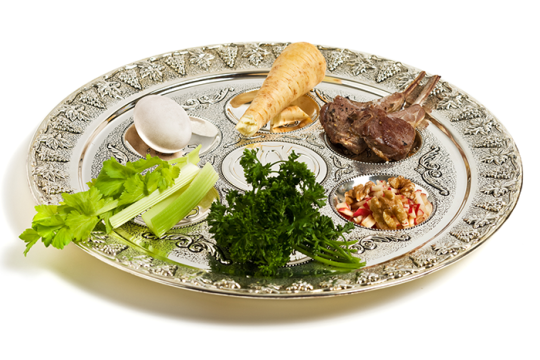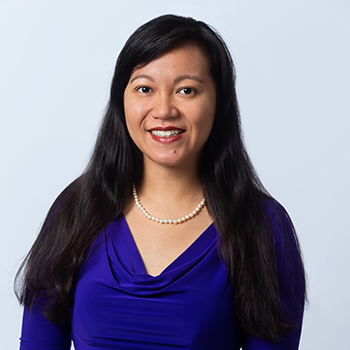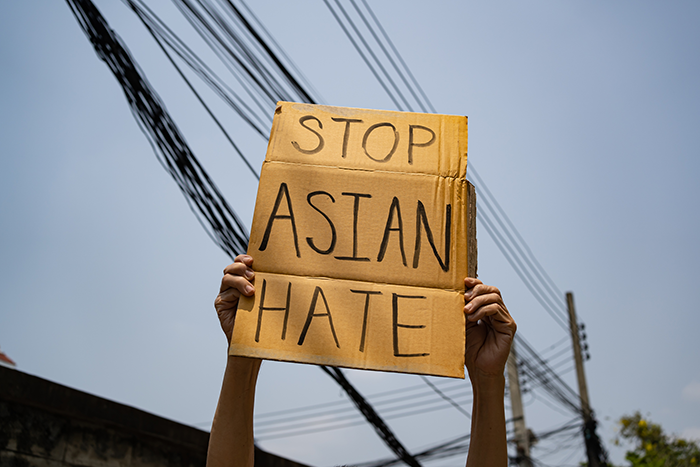
Around this time last year, I was preparing for my legislative assistant interview with the RAC when tragedy unfolded in Georgia. A racist and misogynist gunman, entered two Atlanta-area massage businesses and murdered eight people, including six Asian women spa workers.
When I first heard some of the names of the women - Soon Chung Park, Suncha Kim, Hyun Jung, Yong Ae Yue - I knew they were of Korean descent. I felt sick inside, and as I saw more news about the murderers, I felt worse. In response to questions about the murderer's motive, a police spokesman said, "[The murderer was] pretty much fed up and kind of at the end of his rope. Yesterday was a really bad day for him and this is what he did." The spokesman also said that the murderer said that the attack "was not racially motivated" but that he wanted to eliminate sexual temptation.
Prior to this tragedy, reported hate incidents against Asians had skyrocketed because of the scapegoating of Asian Americans and Asians for the COVID-19 pandemic. Sadly, 2022 feels just as dire and urgent: this past January, Michelle Alyssa Go died after being shoved in front of a Times Square subway train; in February, Christina Yuna Lee was stalked, stabbed over forty times, and found half-naked and dead in her apartment; in March, a man was arrested for attacking seven Asian women in two hours. Asian American women report 2.3 times more hate incidents than Asian American men, because for us, racism and misogyny are inseparable.
The fetishization, exoticization, and hyper sexualization of Asian women as both seductive, exotic temptresses and submissive, docile china dolls has a pervasive, ugly history in America. Even before the Chinese Exclusion Act of 1882, the Page Act of 1875 banned the importation, not immigration, of Asian women on the presumption that they were all engaged in sex work. During and after the Korean War, the U.S. military and South Korean government collaborated in running military brothels in Korea. Today, Asian American women, women who look like me, continue to pay the price for this ugly history.
Shortly before the Atlanta murders, I returned home after two years in South Korea, where I worked as an English teacher. After the attack in Atlanta, my mother wouldn't let me go anywhere alone. "Take Sam [my brother] or Daddy with you," she said, firmly, with the absolute authority a fearful mother has. And I knew better than to argue with her or try to allay her fears because I could not remove my face like I could my mezuzah necklace.
The disturbing events in Atlanta also made me feel something else: han. Han is a uniquely Korean word that lacks a perfect English complement, it's something that you feel. The closest definition of the word is "an internalized feeling of deep sorrow, resentment, grief, regret, and anger." It is said to be part of all Koreans, embedded in our DNA, borne out of a long history of suffering. When asked about the intergenerational nature of han, Michael Shin, a professor of Korean history at the University of Cambridge, mentioned the separation of North Korea and South Korea: "as long as the peninsula remains divided, Koreans will be able to feel [han] because they 'don't feel quite whole in this divided country.'" Related to this feeling of division and wholeness, my mother explained “sh-l-m”, the root of the word shalom, which means “peace”. Shalem, related to shalom, means “whole”. As my mother’s Hebrew teacher described it, “It’s hard to feel at peace when you are not whole.”
The work I do as a legislative assistant is in pursuit of making the U.S. and Canada whole - through legislation, advocacy, organizing, and communications. In a time plagued by a literal plague, acrimonious polarization, and assaults on our democracy and truth, it feels harder than ever to make anything whole, including myself. In racial justice groups and conversations, the term BIPOC is commonly used: Black, Indigenous, and People of Color - which makes me, as an Asian American, feel unseen and unwanted. It says to me that Asian-American and Pacific Islander issues are not a priority. We are attended to in the aftermath of racist, misogynistic attacks such as the Atlanta shooting, after the racism and misogyny have exacted damage and destruction, but the outpouring of support is short-lived and people are not interested in addressing the root causes of this societal problem. It doesn't resonate the way other causes like the Black Lives Matter campaign have resonated. Yet I also wonder, like many Asian Americans, if I'm even allowed to speak of Asian American experiences and Asian American pain: as an Asian woman wrote in an op-ed for Scientific American, " Some of my white friends have told me that I haven't experienced racism, that Asians aren't people of color." Asian Americans and Pacific Islanders are also treated as a monolith when we are a very diverse group with entirely different histories, cultures, values, and identities. We have also been reduced to a convenient exemplar for purposes of the model minority myth and used as a cudgel to browbeat our Black, Latinx, and Indigenous partners. The model minority myth helps prop up white supremacy, with the goal of dividing people who might otherwise be allies.
I am reminded by others, and I remind myself that I can and must share my pain and experiences. If we wish to make effective, lasting progress on any political issue - be it voting rights or climate crisis redress or gun violence prevention or reproductive rights or economic justice - we must be compassionate, honest, and accountable to one another. We cannot be divided or doubtful of our partners in this work. I draw courage from my feelings of han and inspiration from Jewish text: "If I am not for myself, who will be for me? If I am only for myself, what am I? And if not now, when?" (Pirkei Avot 1:14)
Check out this toolkit to mark the one-year anniversary of the Atlanta spa shootings.
Read this article for further information about Asian American history and experiences with racism.
Support the work of our partner, Asian Americans Advancing Justice - Atlanta, a group dedicated to fighting for the civil and human rights of Asian Americans in the Southeastern U.S.
Related Posts
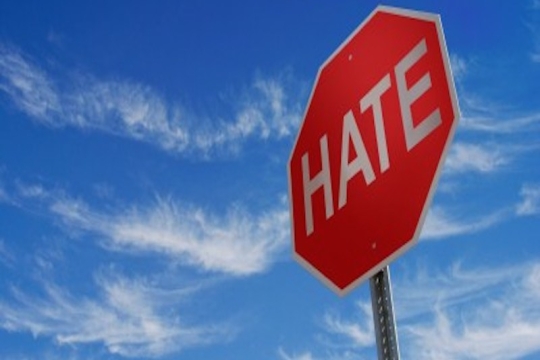
A Letter to the Jewish Community
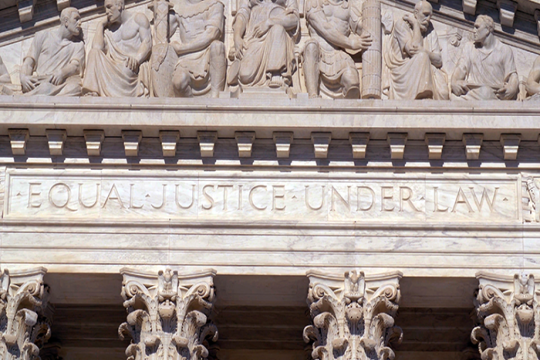
We Are Witnessing History
